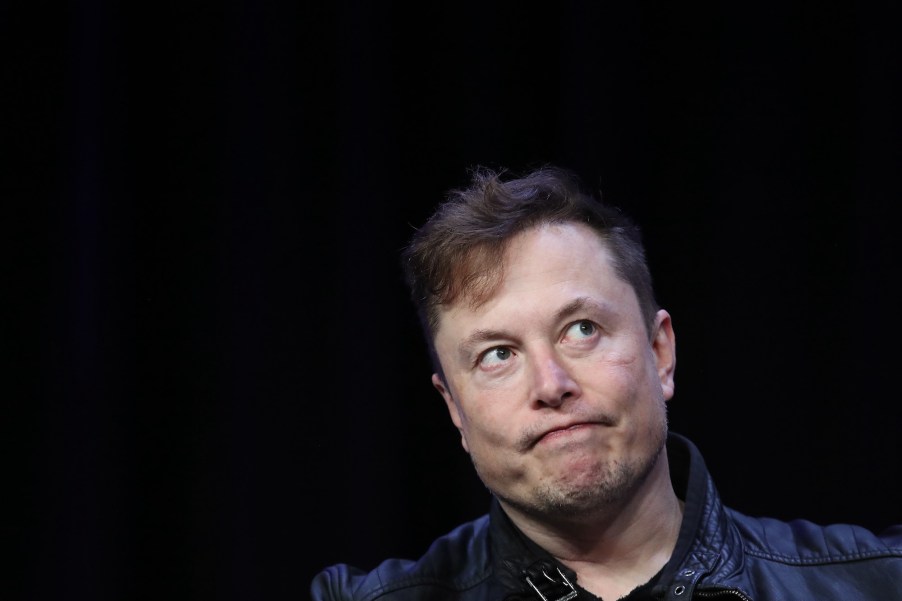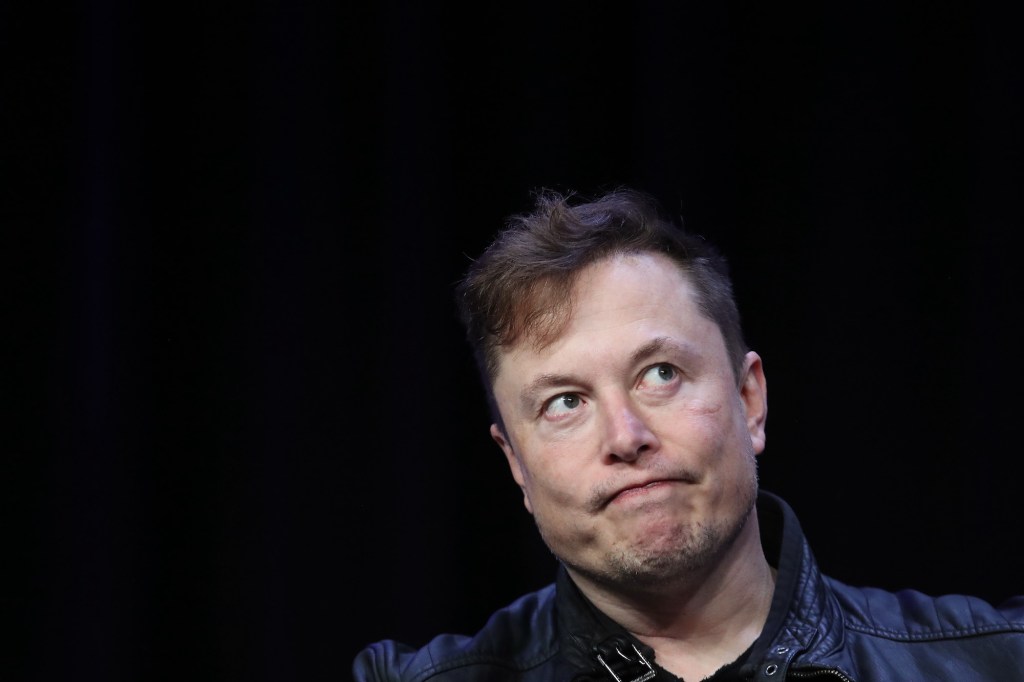
Elon Musk Says Tesla’s Full Self-Driving Feature Is ‘Actually Not Great’
Many automakers offer a range of driver assistance technologies in their vehicles. These tools can do everything from detect potential collisions to help drivers avoid wandering into adjacent lanes. The push for truly autonomous or self-driving vehicles is a development most closely associated with Elon Musk’s EV maker, Tesla. Brands such as General Motors, Ford, BMW, and others are dipping their toes into the technology, but Tesla still leads the charge.
The development of effective and safe autonomous vehicle technology is a challenging process. In fact, that’s been the case with Tesla’s full self-driving beta model.
The technology in the EV maker’s Autopilot system
All Tesla models come standard with partial self-driving features and allow for future updates to upgrade systems, Tesla explains. One facet includes ultrasonic sensors and cameras that detect objects for potential collisions and initiate automatic emergency braking. There are also auto lane-changing features that help move the car into an adjacent lane. Not to mention, Tesla EVs can enter and exit parking spaces and home garages with Autopark and Summon features.
However, current models aren’t capable of fully autonomous driving. The Tesla website warns that these safety features require “active driver supervision and do not make the vehicle autonomous” despite the misleading “Autopilot” name.
In other words, even though these features enhance and aid driving, they are not meant to replace an active driver who retains control of the car and maintains a close watch on the road.
In addition, the current Autopilot system doesn’t operate as intended due to weather conditions such as heavy rain and obstructions like bike racks disrupting the car’s ultrasonic sensors, Tesla says.
The problems with Tesla’s full self-driving beta and what Elon Musk says about it

The ever-vocal Elon Musk is notoriously active on Twitter, responding to Tesla owners and stirring up all kinds of controversy with his own tweets. According to Jalopnik, Musk recently made some new candid remarks on Twitter regarding Tesla’s FSD Beta 9.2.
The tweet came from an automotive blogger trying out Ford’s self-driving features and responded by saying that Ford’s manager of systems should “try FSD Beta.”
To wit, Musk replied, “FSD Beta 9.2 is actually not great imo.” He added that the Tesla Autopilot team was working on improving the system as quickly as possible.
Musk’s comments allude to the slew of recent and past headlines centering on Tesla’s current Autopilot system malfunctioning and causing collisions. Most recently, a Tesla Model 3 driving on Autopilot hit a Florida Highway Patrol car and a Mercedes-Benz SUV on an interstate in Orlando, Florida.
Tesla’s plans for self-driving cars in the future
Ultimately, Tesla hopes to have autonomous vehicles that drivers don’t even need to talk to. A driver could simply enter the vehicle, and it would check calendars and appointments and automatically drive to the destination without prompting.
Tesla also plans to have its Autosteer feature for city streets because it currently works on only highways. There will also be navigation features that detect the best route for travel and steer the EV to be in the right lane at highway exchanges, Tesla says.
These plans are still under development, and there is no clear timeline for when Tesla’s fully autonomous vehicle technology will be ready. Interestingly, Jalopnik reported that Musk didn’t realize how hard it would be to develop the technology necessary for autonomous vehicles.
On top of that, Musk was even confused about the full self-driving feature’s “compelling value” for consumers, another Jalopnik article reported. What exactly that translates to could be a range of things, but it breaks down to Musk not placing much stock in Tesla’s current iteration of the build.
Tesla faces competition from other brands
Companies such as Waymo specialize in developing self-driving technologies. Waymo is notably the brainchild of Google’s self-driving project. According to Bloomberg, Waymo has made leaps and bounds and is reportedly 99% there with developing autonomous vehicle technology (the remaining 1% being the most challenging).
Other brands, like the GM-and-Honda-backed Cruise, also are further along in development. Like Waymo, Cruise is working on training its vehicles to navigate the challenging streets of San Francisco, Business Insider reports.
And Ford and Volkswagen’s endeavor Argo AI recently received permit approval to offer free rides in its autonomous vehicles in California, TechCrunch reports.







